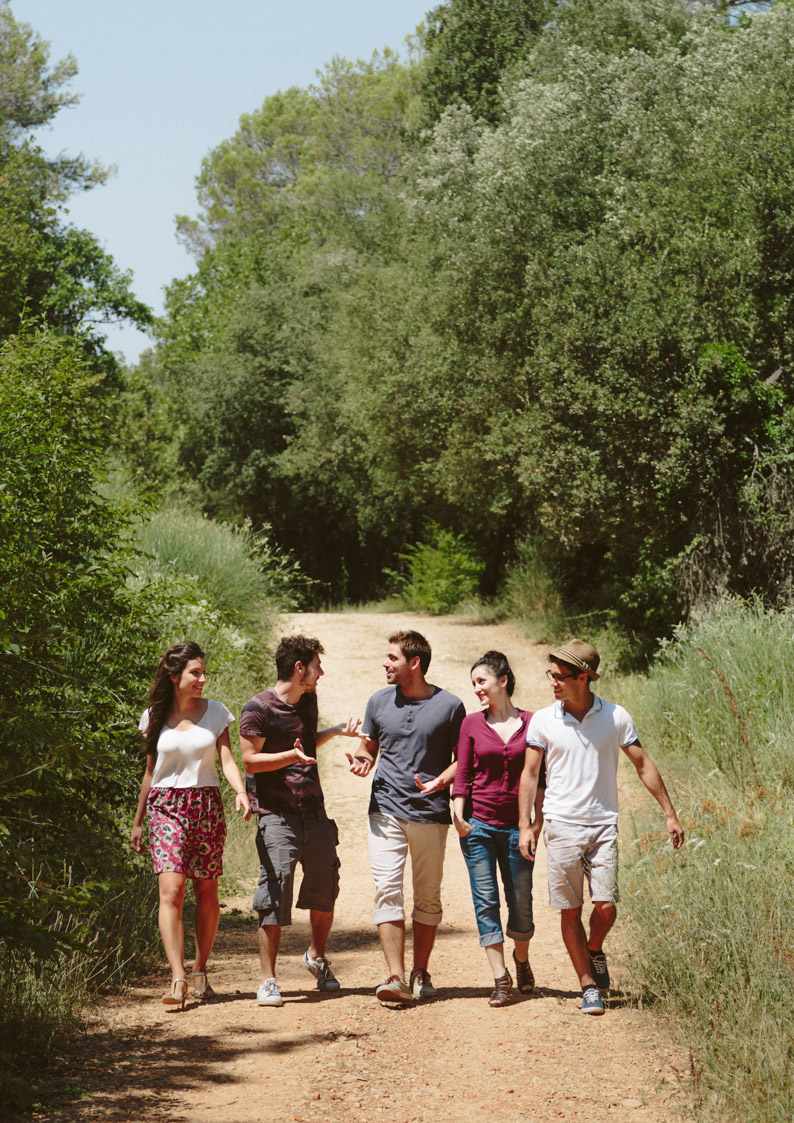
Brief Lull
CYRILBENOIT RAFAËLLECOHEN JÉRÉMYHOFFMANKARP GABRIELMIRÉTÉ
A JEUX D’OMBRES
PRODUCTION
WRITTEN AND DIRECTED BY
GAËTAN ARRONDEAU AND JONATHAN COZZO
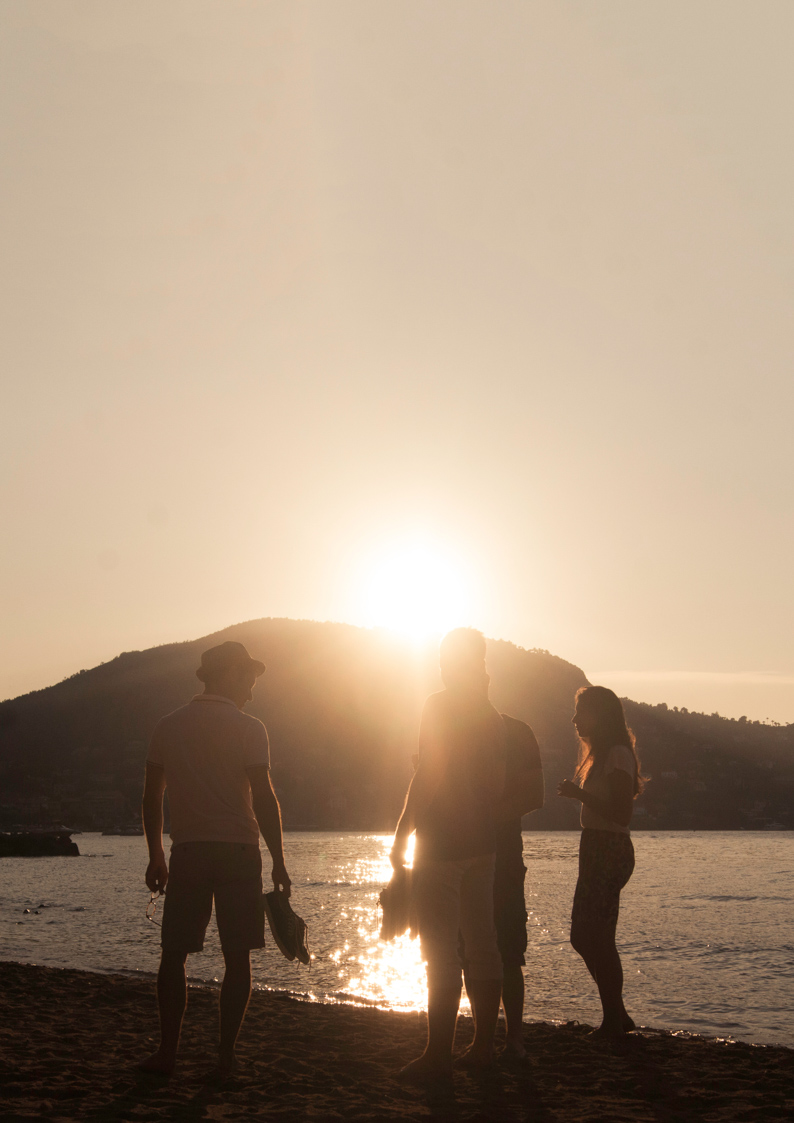
Synopsis
After a week of intense revising, Alexandre and his friends just want to relax. However, the overcrowding and the end of their student lives approaching make things turn sour: Alexandre’s girlfriend dumps him and friendships among the rest of the group are pushed to the limit.
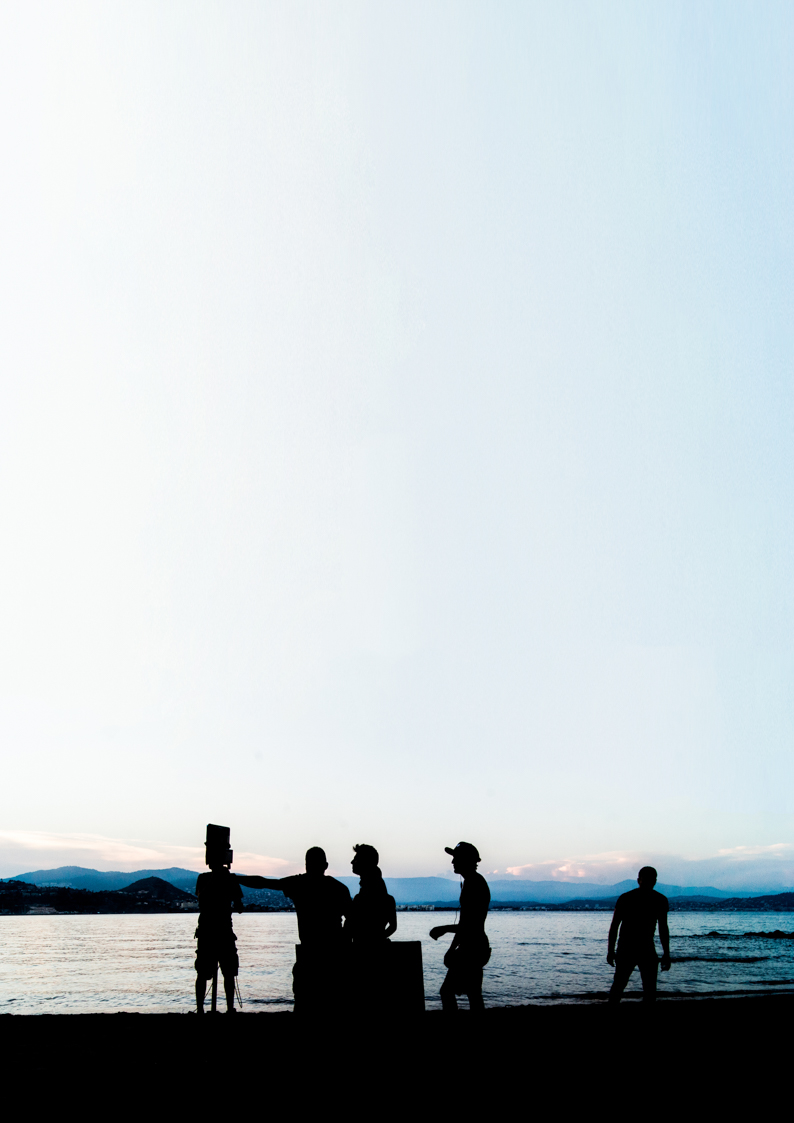
Directors' statement
Bidding farewell to dear friends and starting a new part of one’s life head on are subjects that fascinate us as they’re both universal and
extremely personal. With our short film “Brief Lull”, we wanted to capture this rawness of feelings, the calm before the storm, the sudden realisation of the
unknown waited for us ahead, events accelerating, the loneliness they bring, our
Much more than for our previous creations, we decided to embrace an extremely naturalistic vision over the entire production, so as to give the audience the chance to get close to the characters, become part of their group and eventually consider each and every one of them as an old friend. We therefore relied wide shots and long continuous takes, giving the actors ample room to develop their characters’ emotions and fill the space.
“Brief Lull” also is the proof of a concept: the concept of a feature film we wrote and are trying to produce, called “One Last Night”, dealing with and developing both further and differently the subjects from “Brief Lull”. Making a film is quite a risky enterprise for its investors and we wanted to show ours is worth it. That’s why we decided to self produce this short film, without any external help, with our own - modest- resources as well as a crowdfunding campaign. Here - in proportion to our means - we took the same risk we’re asking others to take on our feature film.
Of all our films, “Brief Lull” is our most personal. It’s our way to share a common experience through a singular vision of today’s youth, its hopes and expectations.
Gaëtan & Jonathan
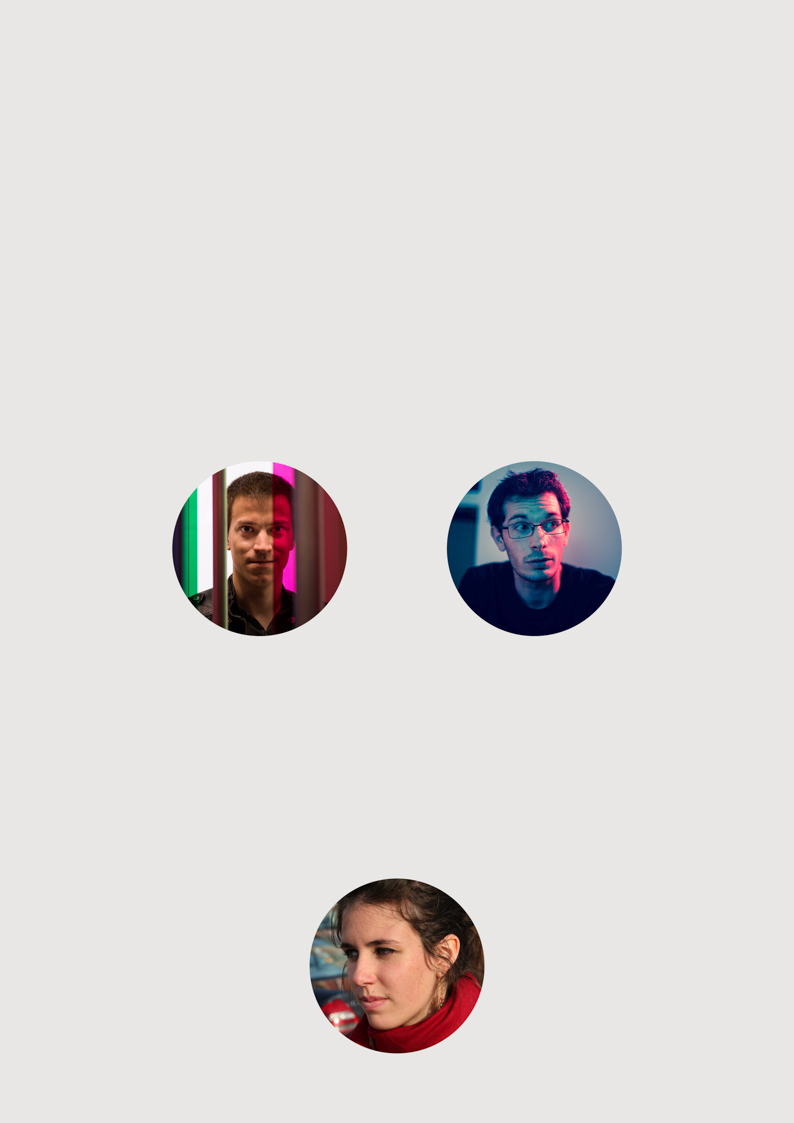
Biographies
Gaëtan Arrondeau & Jonathan Cozzo (Writers, Directors, Producers)
Gaëtan and Jonathan met in 2010 while studying general engineering in Nantes, France. As part of the school’s AV club, they started a creative collaboration that now spans 6 years, many screenplays, short films and commercials.
They pursued international careers in advertising and television productions; Gaëtan in Bogotá, Columbia at first where he edited a documentary
featured on the National Geographic Channel. He then joined Jonathan in London, United Kingdom who was working in advertising and making music videos for
The directing duo is currently working on their first feature film project, called “Une Dernière Nuit” (“One Last Night”), that shall be shot in Nantes, the city where it all started.
Scarlett Hostein (Production Manager)
Scarlett studied at the ESRA film school in Nice, France. She first worked as a production assistant for Woody Allen’s “Magic in the Moonlight”. She was the production manager for “Krysalide” a short film selected at the 2014 Samain du Cinéma Fantastique, a prestigious French festival for fantasy films. The following year, she was the production manager on “Jazz Club”, a short film shot in New York. In 2015, Scarlett founded the production company Louve Production, in Monaco, where she was born.

Cyril Benoit (Character of Alexandre)
Cyril is a
Rafaëlle Cohen (Character of Diane)
Rafaëlle is a talented and promising artist. Born in Paris and raised in London, she evolves seamlessly between cinema, music and theatre. She
was directed for the screen by Claude Lelouch in “Salaud on t’aime”. On a stage, she was the leading lady in “Le Bal des Vampires” directed by Roman Polanski at
the Théâtre Mogador and played in many other musicals such as “Sleeping Beauty” and “Sister Act”. Inside a studio, she took part in the recording of music
albums for Michel Legrand and Alan Menken but also dubbing, notably for being the French voice of the leading lady in “Boy and the Beast”. She will appear in
Disney’s
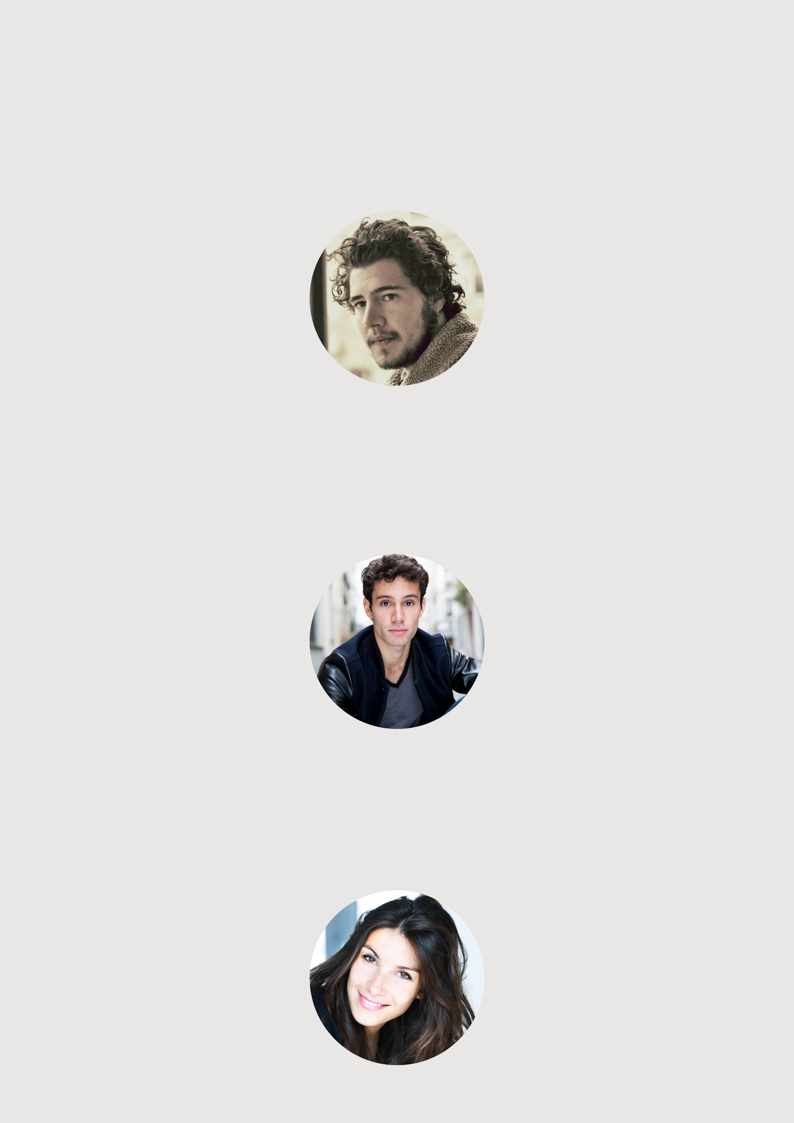
Jérémy Hoffman Karp (Character of Jérôme)
Jérémy was taught at the Court Florent, the prestigious Parisian acting class. His acting is superbly physical, making the most of his years of boxing, judo, ski (at professional level) as well as dancing. He starred in many short films, specifically ”F.A.F” directed by Florian Moreau in 2012. His versatility has brought him to take on the musical trade and he composed the score for “Brief Lull”.
Gabriel Mirété (Character of Luc)
Gabriel is a very active performer, both on stage and in front of a camera. He had parts in feature films such as Kim Chapiron’s “La Crème de la Crème” and “United Passions” along Gérard Depardieu, Tim Roth and Sam Neil. He belongs to the filmmakers’collective called “The Parasites”, extremely popular on social networks.
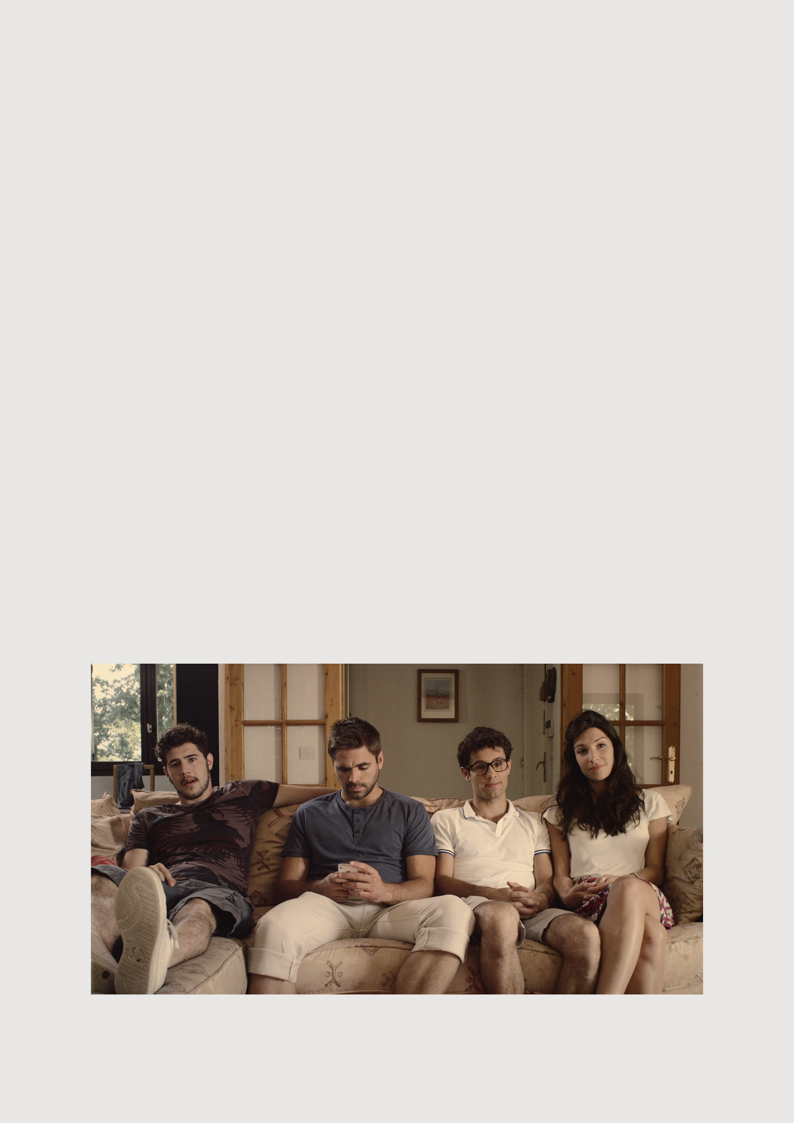
Q&A WITH THE DIRECTORS
What was your inspiration for the film?
Entering working life has been quite an important step in our lives. It’s a series of decisions, the result of a thought process that can prove to be difficult at times. It also plays a huge part in making us who we are. It’s a situation where we come to reconsider and doubt everything, our lives, ourselves and our relationships. Going through it can be an ordeal as well as a reason for the loss of our bearings. Everything’s going badly and we can’t even see the light at the end of the tunnel.
This transitional phase is what appeals to us. We personally went through this “coming of age” but it’s also a universal subject, with treatments in music, literature, cinema…
In this respect, we wrote a feature film script - for a movie called “One Last Night” - dealing with the same themes and we are currently looking
for investments. We consider our short film “Brief Lull” to be a
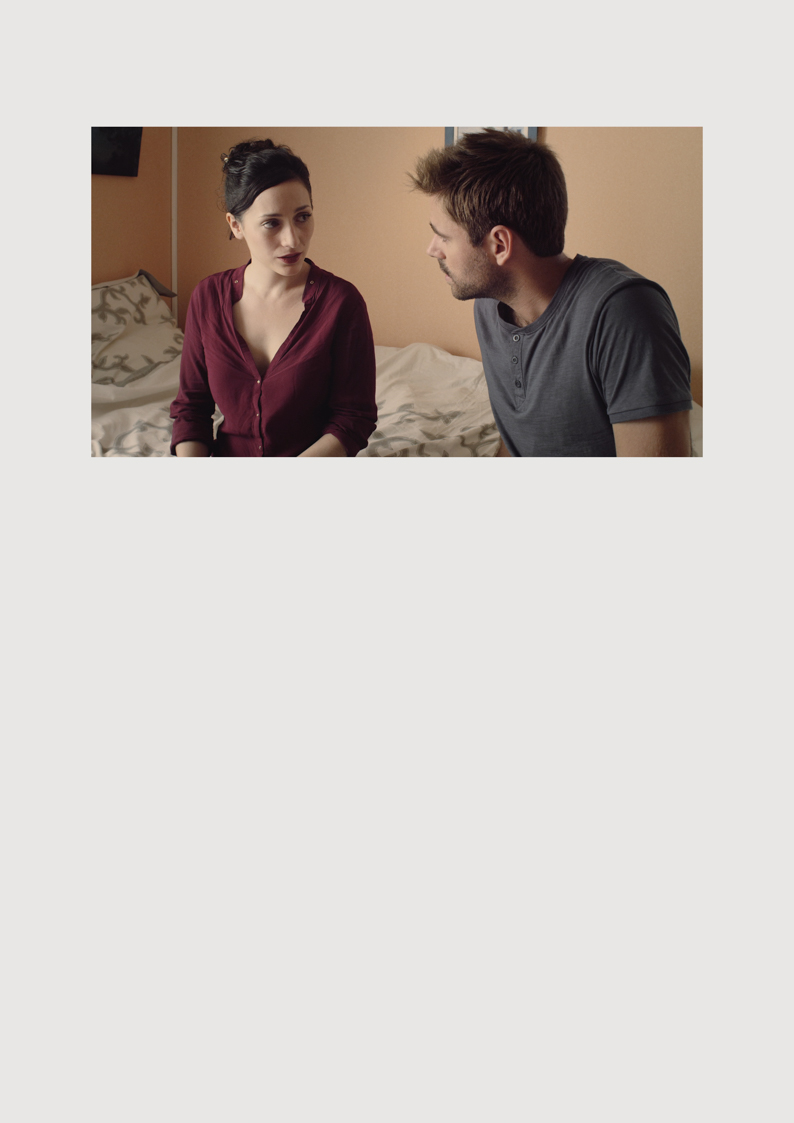
Why choose to tell the story of
Our first reaction would be: on the contrary! The unexpectedness of the situation is what gives the narrative drive its full strength. The characters start out by displaying no reason why they should ask themselves profound questions; but when the realisation works its way up, the harder they’ll fall as uncertainties have been going on far too long to be easily solved. The characters only notice the wall they’re heading towards heads first when it’s way too late to break.
The story’s foundations for “Brief Lull” are autobiographical: before taking a leap of faith inside the world of filmmaking, we studied engineering, following the French path of highly selective preparatory classes, competitive exams and engineering school. Their training is of course of great quality but opens so many doors - professionally speaking - that we end up asking ourselves many questions and contemplate many career choices. Even for those - the majority - who select to work as actual engineers. And so the relaxed atmosphere - festive even - of the first years of engineering school fades away during the final year, leaving room for a much more introspective phase that shall lead to a decision that will deeply affect our whole working lives.
That questioning of ourselves is a complete part of the engineering path no one talks about inside this circle, let alone openly. And yet, you will experience this feeling going through any kind of higher education, obviously.
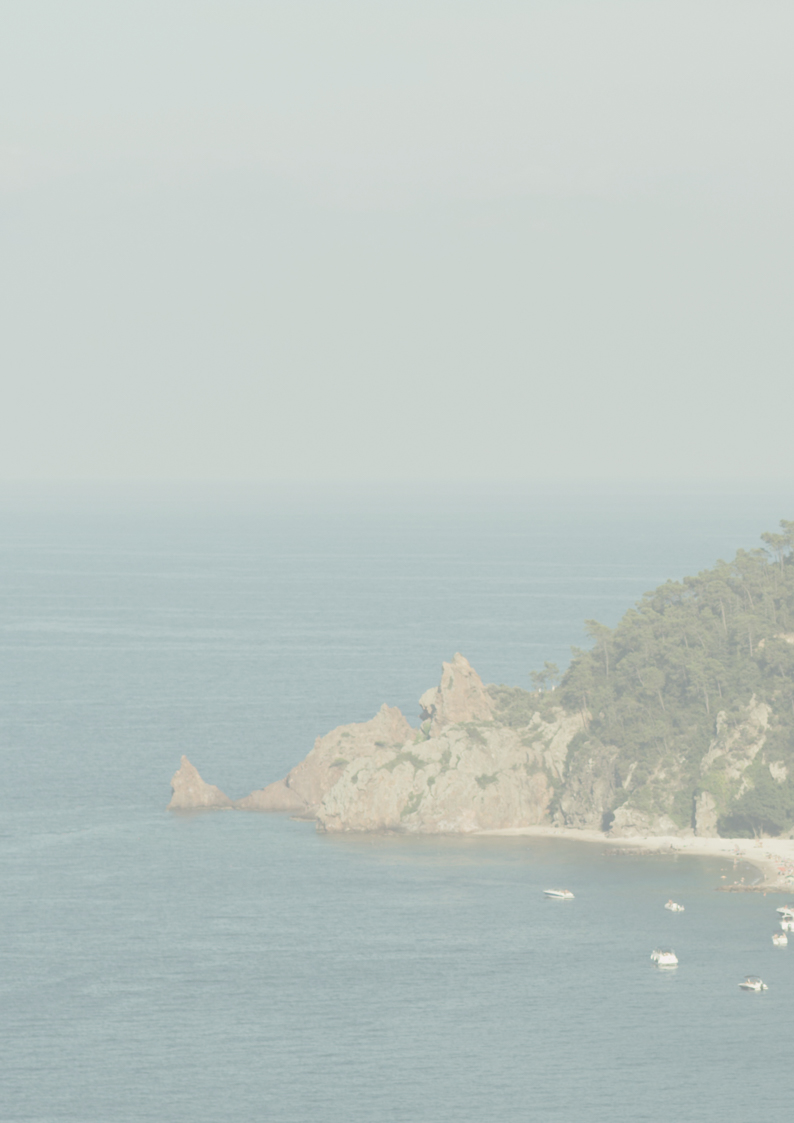
When does the film style impose itself on the script?
We knew from the start that we wanted to make an
And a narrative like this isn’t the norm for a film. It’s easy to see how much more simple it is to follow a single, clearly defined lead character on his/her way to achieve a specific goal than a group of four individuals wondering about their future. That’s why we faced the necessity to make strong structural choices so that the audience would feel like paying close attention to their story. In this regard, limiting the narrative time to a mere couple of hours intensifies even more so each problem the characters have to face since they need to solve them very quickly.
Keeping the conciseness the short format, we selected to attract the viewer’s attention towards a narrative that’s more specific to one particular character than all of them. This choice makes specifically easier for the audience to get into the film world by allowing a fast identification with one of the characters. For our feature film, we’ll keep using this process but every character will have their own goal. Which means their respective level of importance will balance out. Needless to say, all these distinct narrative arcs will deal with the same global theme, forming a whole that’s dense, interesting and coherent.
By the way, it’s interesting how even though the story takes place by the seaside, we can’t help but feel suffocation and claustrophobia…
Here as well, this is done on purpose: besides limiting the temporality, we’ve reduced the number of different locations to a strict minimum. This imprisonment - so to speak - the characters have to endure pertains to the tension that slowly builds up within a setting that’s presented as completely idyllic at first. The opening shot offers a ravishing view of the French Riviera and yet, we’ll be stuck inside until we suffocate. Even the cicadas - that we can hear throughout the entire film and which remain the sole element reminding us of the summery dimension - become menacing as the story unfolds.
That’s actually an interesting detail since in the first draft of the script, the setting of the story was completely different. It wasn’t supposed to take place in the Mediterranean sun but inside a small house on the cost of Normandy, with a huge storm rumbling outside. That was reason preventing the protagonists from going out and the source of the growing tension. Apart from the difficulties to artificially create a convincing storm on a budget in case there wouldn’t be an actual one during the shoot in Normandy, we soon came to realise the dramatic stakes would be even higher were the characters totally free to go to the beach and yet decided to stay indoors because of much more personal reasons.
That first draft of the script - the one taking place on the cost of Normandy - was called
“Spring Rain”.

What problems did you face making the short film?
The main issue was to gather a sufficient enough budget to turn our vision into a film and create a short that would become - in a way - our visiting card. On this project we indeed chose to take on the roles of both directors and producers. That was our way of showing we strongly believe in it and we’re not afraid to take chances nor make sacrifices to achieve our artistic vision. We however know we do not have the stature nor the experience to do the same on a feature film because that is such a titanic enterprise. So it’s imperative for us to have someone else to take charge of the production for our feature “One Last Night”. Our way of convincing such a person is to complete successfully our short film “Brief Lull”.
We collected the main part of the budget through an online crowdfunding campaign we ran for two months. Over 500 people were won over and contributed to the financing of the short film. One of the biggest advantages from gathering our budget this way is that we own the whole rights to the short film, within our production company, Jeux d’Ombres (French for Shadowplay).
How did you cast the actors?
Above all, we were looking for young talent, people with a sensitivity close to our own and that of the characters. And that means
The five actors we cast for “Brief Lull” impressed us so much by their immediate understanding of the scenario’s stakes and the relationships between the characters. The reading sessions and rehearsals brought up many discoveries and improvements to the script.
What format did you shoot the film on?
Coming from the indie filmmaking scene emerging from the 2010s, we immediately went for digital as the best format for our project: quick and easy to set up, a sensor with the highest sensitivity and the chance to keep filming take after take after take with no pause and therefore a way to keep the momentum going make for the stronger case. We chose to shoot on a Red One with Zeiss prime lenses that are several decades old in order to get great quality images that still have that nostalgic feel to them, something that was very important for our coming of age story.

Cast
Alexandre
Cyril Benoit
Diane
Rafaëlle Cohen
Jérôme
Jérémy Hoffman Karp
Luc
Gabriel Mirété
Estelle
Anne-Sophie Pons
Crew
Written, Directed and Produced by
Gaëtan Arrondeau & Jonathan Cozzo
Associate Producers
Cédric Dubourdieu, Tony Martin, Julien Morand, Nathalie Sportiello
Production Manager
Scarlett Hostein
Director of Photography
Julien Laurent
Edited by
Jonathan Cozzo & Alan Richard
Production Designer
Julia Luci
Original Music by
Jérémy Hoffman Karp
Sound Editing and Mixing by
Martin Gracineau & Jérémy Halbert
A Jeux d’Ombres Production
In Association with
Louve Production
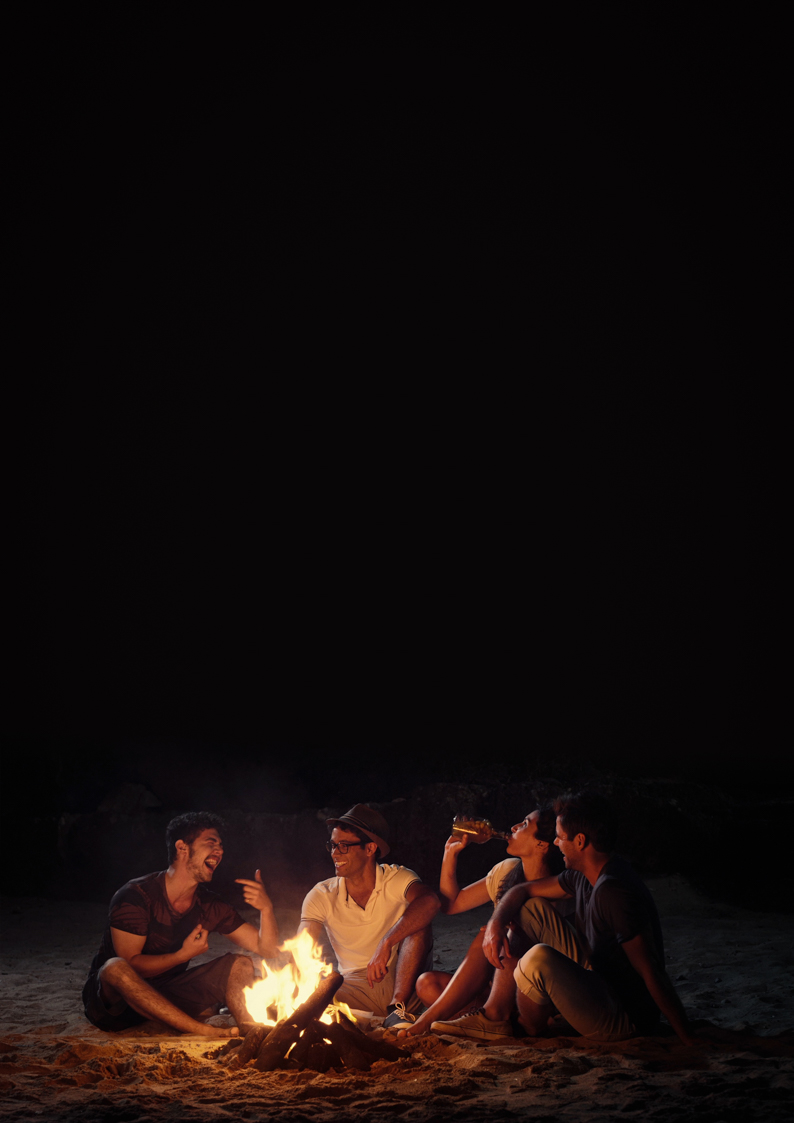
Contact
Directors, Producers
Gaëtan Arrondeau |
Jonathan Cozzo |
A Jeux d’Ombres Production www.jeuxdombres.com
8 bis rue Scribe, 44000 Nantes, France
TECHNICAL INFO
Duration: 12 minutes 15 secondes (credits included)
Format: DCP (24 fps), ProRes/422/2K
Ratio: 1.85 (flat)
Sound: Stereo
Country of Production: France
Year of Completion: 2016
Original Language: French
Subtitles Available: English, French